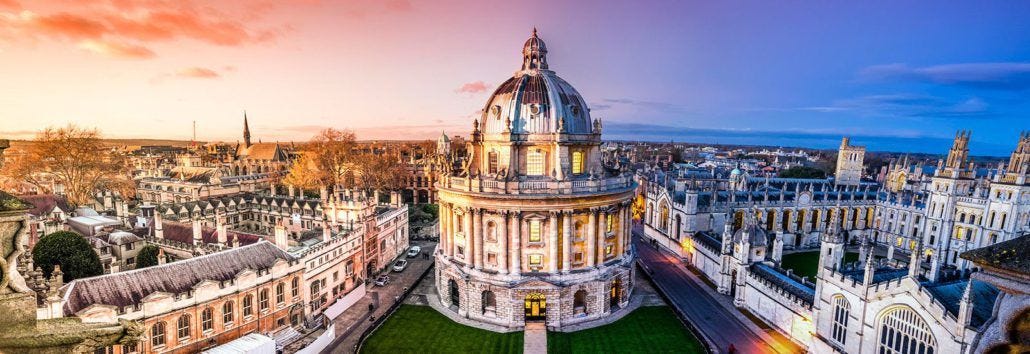Why South Africa needs as much elite education as possible
Every time a multi-millionaire spends a ridiculous amount on private schooling, we should all applaud.

Every year, somebody posts on Facebook how much South Africa's most expensive schools cost, and people, as is their wont, take glee in expressing outrage that our country has lots of wealthy people in it willing to spend massive amounts on schooling.
And…
Keep reading with a 7-day free trial
Subscribe to Chris Waldburger to keep reading this post and get 7 days of free access to the full post archives.


